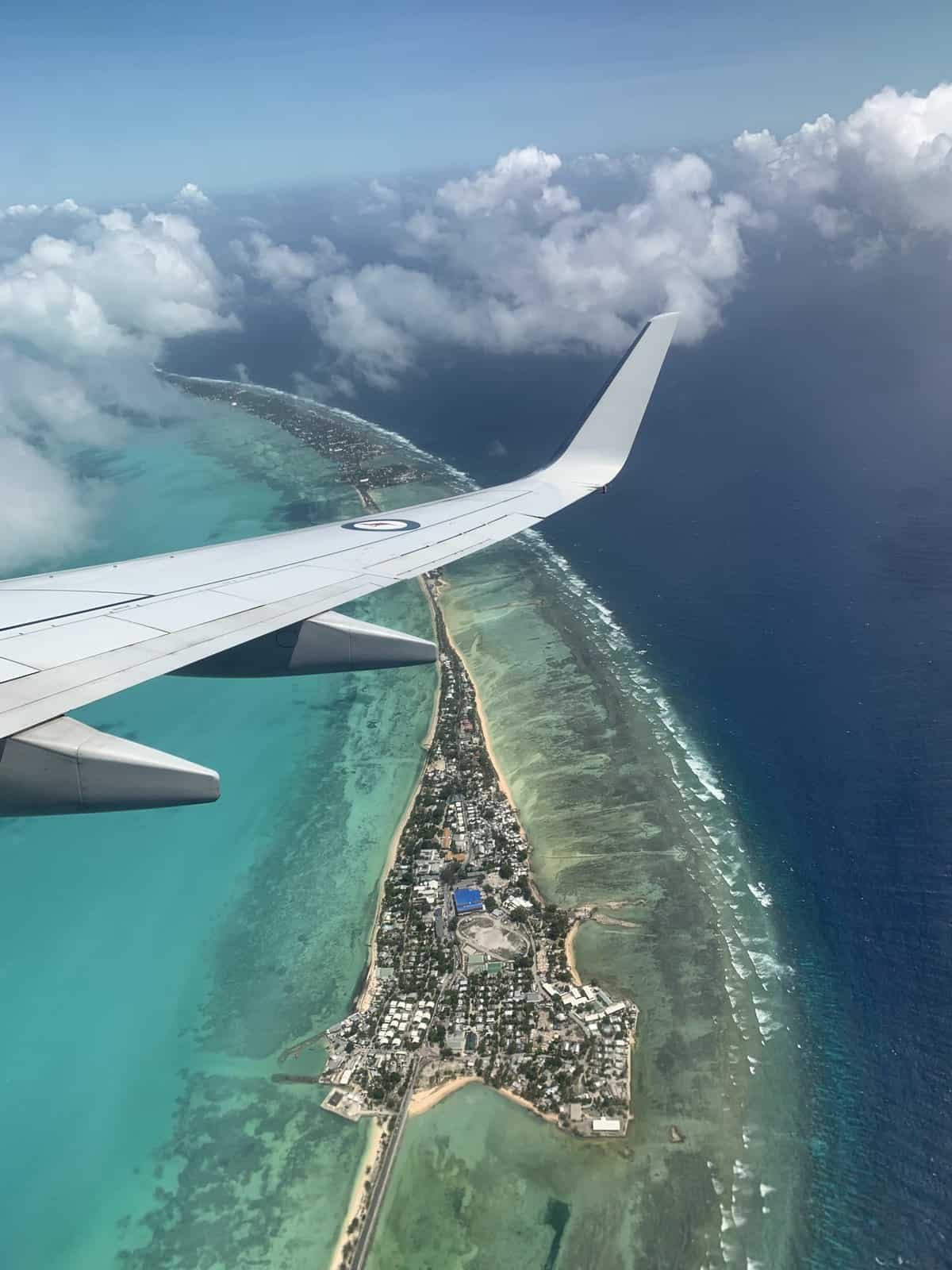A ban on diplomatic visits to Kiribati during elections will safeguard against undue foreign influence during the formation of government, the head of its delegation at the Pacific Island Forum leaders meeting said.
Two weeks ago Kiribati sparked controversy after suspending foreign diplomats until 2025 due to national elections and appealed for understanding from diplomatic and development partners.
The move came as incumbent President Taneti Maamau – who oversaw Kiribati’s diplomatic switch from Taiwan to China in 2019 – tries to secure a third and final term in office.
The Pacific Islands Forum said it had not been invited to monitor the poll and the Kiribati Elections Commission did not respond to BenarNews inquiries about international observers.
Incumbent Minister for Education Alexander Teabo, representing Kiribati at the PIF leaders meeting in Tonga, told BenarNews the government did not want to repeat mistakes made in the past.
“The thing is we have to be fair because we are under the caretaker mode now and we don’t want to accept new things right now and we have to wait for the new government,” Teabo said on the sidelines of the meeting.
“We say, ‘Well you can come but not today’, it’s time for us to concentrate on our election. That’s our sovereign right.”
Kiribati consists of three low-lying coral atoll chains about half-way between Hawaii and Australia. Half the population of 116,000 lives in the capital, considered one of the most densely populated places on earth.
The island country controls a vast exclusive economic zone in the Pacific Ocean including a 408,250 square kilometer (approximately 157,600 square miles) marine reserve known as the Phoenix Islands Protected Area.
Kiribati withdrew from PIF in mid-2022 over an internal leadership dispute, sparking fears it would lead to even closer ties with Beijing. It rejoined last year amid the geostrategic struggle between the U.S and its allies with the global superpower for influence in the Pacific region.
Former Kiribati President Anote Tong told BenarNews that excessive foreign influence prompted the government’s travel restrictions, as pressures now are far more intense compared to the last election in 2020 when the borders remained open.
“This has never happened before,” Tong said but suggested it may already be too late.
“The question is, are there already foreign governments participating in the [election] process and that they [Kiribati government] don’t want anyone else coming in.”
Teabo disputed Tong’s claim.
“That’s over exaggerating, but in the past there was this checkbook diplomacy in the country. That’s a habit in the past administrations, but not with us,” teabo said without providing examples.
“Even the Chinese embassy, they know that we suspend everything. Everything.”
“We switched to China, because the world is following China, and the UN is where we follow,” he said.
Maamau is facing a challenge for the presidency from former opposition leader Tessie Lambourne, who narrowly won her seat in Abemama. She is the wife of Australian High Court judge David Lambourne, who was sacked and deported from Kiribati earlier this year.
In the first election cycle, Maamau’s Tobwan Kiribati Party (TKP) lost nine seats reducing its number to 18 seats in the Maneaba ni Maungatabu, Kiribati’s parliament. The Opposition was reduced to eight MPs from 13.
The balance of power rests with the 17 newcomers, whose political affiliations are as yet unknown.
The elections saw a record high of five women elected, surpassing the four from 2020. The Pacific islands region has the lowest levels of women’s parliamentary representation in the world.
“It’s good that now we are having five women in Parliament but we have to encourage them to be more, if they want to change,” said teabo. “They have to be more bold and more like men. We have a culture, in our culture it’ll take time.”
The parliamentary elections earlier this month will now be followed by a poll to elect a new president in October. The presidential candidates will be decided on 13 September.
